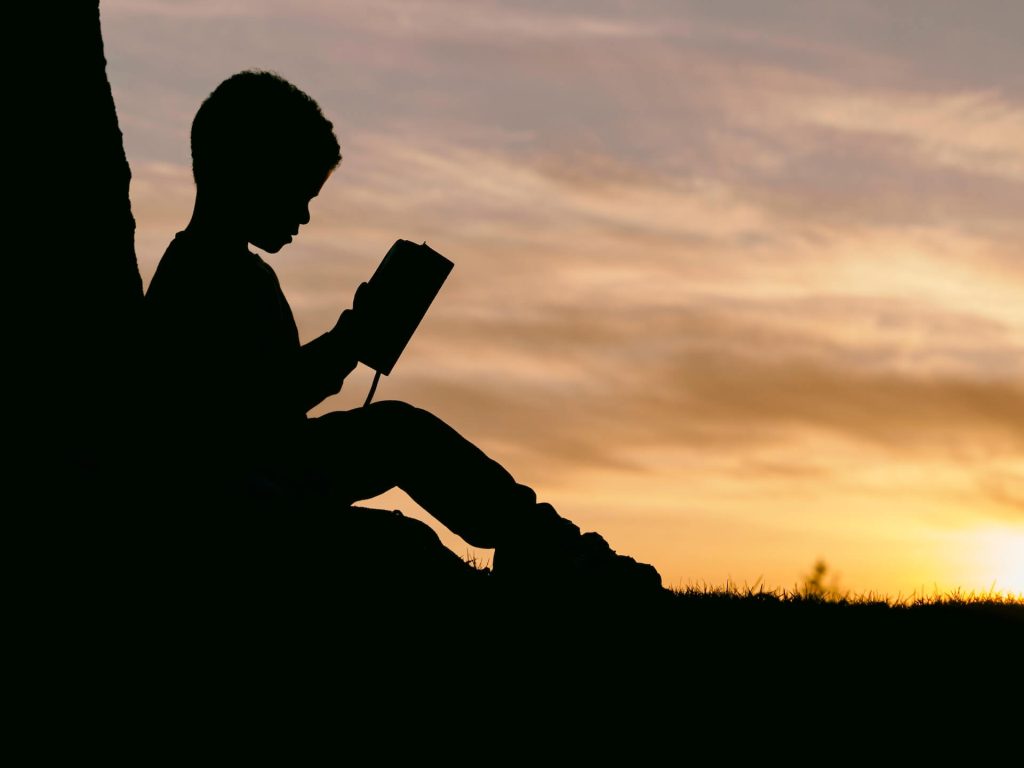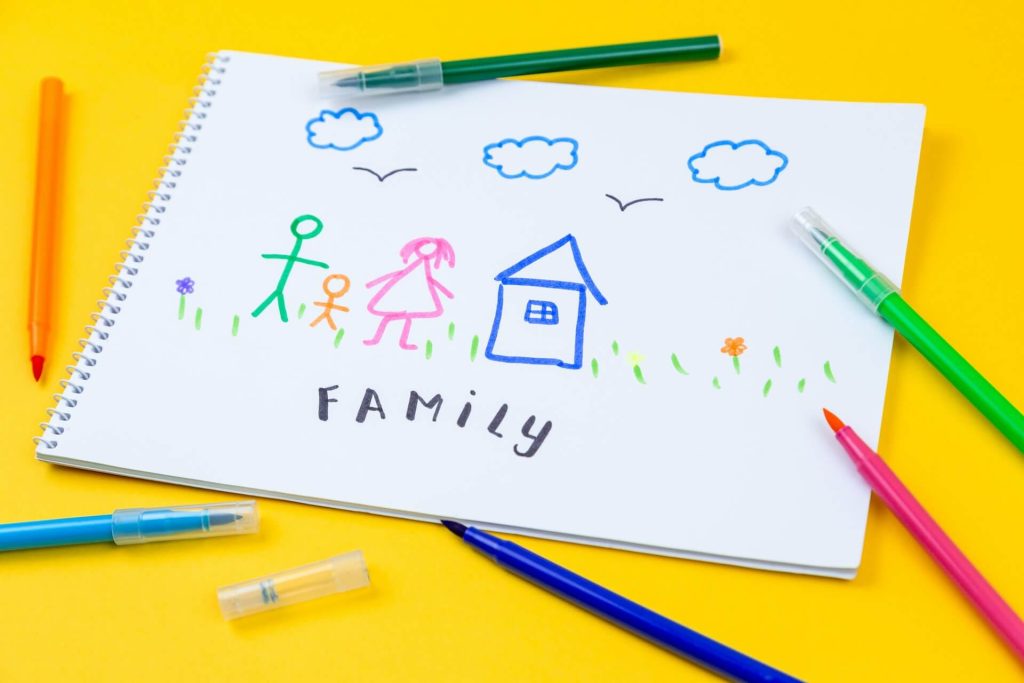Methodology & Approach
Project objectives and phases
REFUGE-ED was funded by the European Commission’s Horizon 2020 framework programme and ran from January 2021 to December 2023.
The project identified and tested educational, mental health and psychosocial support interventions that promote educational success, wellbeing, and a sense of belonging of children from recent migration cohorts, refugees and asylum seekers, and unaccompanied minors.
It had four objectives:
1. To map and identify best practices
REFUGE-ED mapped and identified best practices, tools and solutions in MHPSS and education within formal, non-formal and informal learning environments. The identified resources demonstrated positive and proven impacts for the integration of refugee and asylum seeker children and unaccompanied minors, focusing on the promotion of academic success, wellbeing, and social belonging.
2. To engage in dialogic co-creation
The project was underpinned by a co-created process which informed all phases and collaboratively involved groups of children, families, local service providers, schools, civil society organisations and policy makers to identify needs, and choose and test solutions.
Read more about the project’s co-creation approach in this article – https://www.nature.com/articles/s41599-023-01967-6
3. To implement pilot experiences
The project trialed and tested various tools, activities and resources in 46 different locations across six European countries. These ‘pilot sites’ provided opportunities for collaboration with children, families, teachers, and NGO staff to identify effective strategies and understand the challenges faced. The pilots took place in a variety of settings, including reception and identification centres, formal, non-formal and informal social and learning environments, institutional care, and schools.
4. To make solutions available
The knowledge and solutions co-created during the REFUGE-ED project are publicly available in this Brokering Knowledge Platform, in easy-to use packages which support implementation, training, social exchange and co-creation. This platform serves as a centralised hub, bringing together all of these valuable resources in one easily accessible location.
Project approach
The REFUGE-ED project and its methodology was underpinned by three innovative approaches:

The project sought to make high quality and accessible scientific knowledge available to the most vulnerable communities.
The backbone of the REFUGE-ED project was a dialogic co-creation process. This ‘Communicative Methodology’ directly involved the subjects of the research in the research itself and helped create a deeper understanding of the social reality and informs pathways to social transformation. The children and educators involved are the experts in their own lives – so we listened, talked, and created solutions that worked FOR them, WITH them.
Children’s voices and decision-making capacities are key in this dialogic co-creative approach, especially in the case of girls, non-binary identifying children and those with mental health and psychosocial problems.
We believe that everybody should have access to scientific advancements in education. But for non-experts to benefit from the science it is necessary to broker the scientific knowledge with the communities involved. With access to scientific evidence on what works in education and MHPSS, teachers, counsellors, families, and children will be better able to face the challenges they are going through.
The REFUGE-ED project did not seek to create new solutions, because many already exist. Rather, we brought together existing evidence-based educational programmes and with children, educators, parents, and other stakeholders determined which would work best and how it they would need to be adapted to a specific situations and how they could be scaled to work in other situations. We repeated this process in all 46 pilot communities. Four steps took place within each pilot:
A presentation of what works in education and MHPSS, for all members of the community to decide which ones they want to implement.
The tailormade solution was rolled out in the pilot community.
We evaluated how it went in each pilot community.
The insight and learning was used to inform the development of our Knowledge Brokering Platform.

REFUGE-ED connected two fields that are essential in achieving academic success, wellbeing, and a sense of belonging for refugee and asylum seeker children: education, and mental health and psychosocial support (MHPSS). The project brought together partners with expertise in both research and field work with refugee children.

The REFUGE-ED project focused on and linked three educational settings:
Formal education: this takes place in an organised and structured environment specifically dedicated to learning and typically leads to the award of a qualification (e.g. schools, colleges and universities).
Non-fomal education: this takes place through planned activities where some form of learning support is present (e.g. kindergartens, organised after-school activities, and facilities for temporary hosting of refugees and asylum seekers).
Informal education: this includes results from daily activities related to work, family or leisure and is not organised or structured in terms of their objectives, time or learning support.